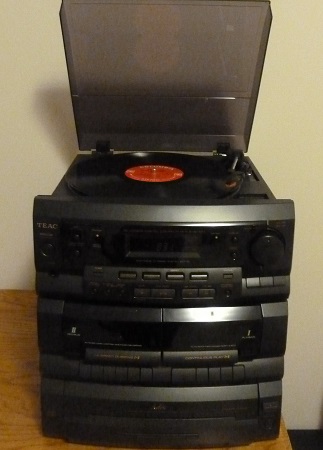Butterflies in My Stomach
 I love butterflies, don’t you? I watch for them in gardens, yards, and on walks. Their colors and the way they flutter through the air thrill me. A butterfly makes any day better. However, I don’t love butterflies in my stomach.
I love butterflies, don’t you? I watch for them in gardens, yards, and on walks. Their colors and the way they flutter through the air thrill me. A butterfly makes any day better. However, I don’t love butterflies in my stomach.
Butterflies in my stomach mean I feel nervous.
Finding butterflies brings joy. Feeling them in my stomach … not so much.
Common causes for butterflies in my stomach include:
- Public speaking
- Job interviews
- Singing or acting in public
- Tests
Feeling a little nervous can be a good thing.
It makes me:
- Prepare better
- Try harder
- Do my best
Feeling too nervous hurts my health.
It causes me to tie myself in knots, I suffer physically, mentally, and emotionally.
When butterflies flutter too long or hard, I remind myself not to sweat it. If I shake off the stress and give God control, God leads me through every challenge.
Thanks to Darrin Jenkins for the suggestion and the picture.
What causes butterflies in your stomach? Please comment .
Subscribe to receive my weekly posts by email and receive a free copy of “Words of Hope for Days that Hurt.”
If you enjoyed this post, please share it with your friends.
 I caught this little squirrel where he should not be, doing what he should not do. The feeder was for birds, not squirrels. Yet, there he sat, stuck up and daring me to do anything about it.
I caught this little squirrel where he should not be, doing what he should not do. The feeder was for birds, not squirrels. Yet, there he sat, stuck up and daring me to do anything about it. For young people unfamiliar with vintage audio, saying someone sounds like a broken record fails to compute. Many can’t relate to a record player needle landing on a scratched vinyl record—a sound definitely not
For young people unfamiliar with vintage audio, saying someone sounds like a broken record fails to compute. Many can’t relate to a record player needle landing on a scratched vinyl record—a sound definitely not  Get ready. Beware. Katy bar the door.
Get ready. Beware. Katy bar the door. Housework must be done often. Otherwise, the house becomes a mess. However, many of us have chores we hate. We only do those chores once in a blue moon. We put them off as long as possible.
Housework must be done often. Otherwise, the house becomes a mess. However, many of us have chores we hate. We only do those chores once in a blue moon. We put them off as long as possible. Sometimes life gets so loud I can’t hear myself think.
Sometimes life gets so loud I can’t hear myself think. Old wagons, carts, and carriages remind us that the squeaky wheel gets the oil (or grease). Their rides equal hours of fun — if the wheels work well.
Old wagons, carts, and carriages remind us that the squeaky wheel gets the oil (or grease). Their rides equal hours of fun — if the wheels work well. Do you have a nest egg? Perhaps you hide it in a special place at your home. Maybe in a sock or a cookie jar? Or you might keep it in a bank or other financial institution.
Do you have a nest egg? Perhaps you hide it in a special place at your home. Maybe in a sock or a cookie jar? Or you might keep it in a bank or other financial institution. On the up and up sometimes refers to people becoming successful.
On the up and up sometimes refers to people becoming successful.  Let it be. Let it lie.
Let it be. Let it lie.